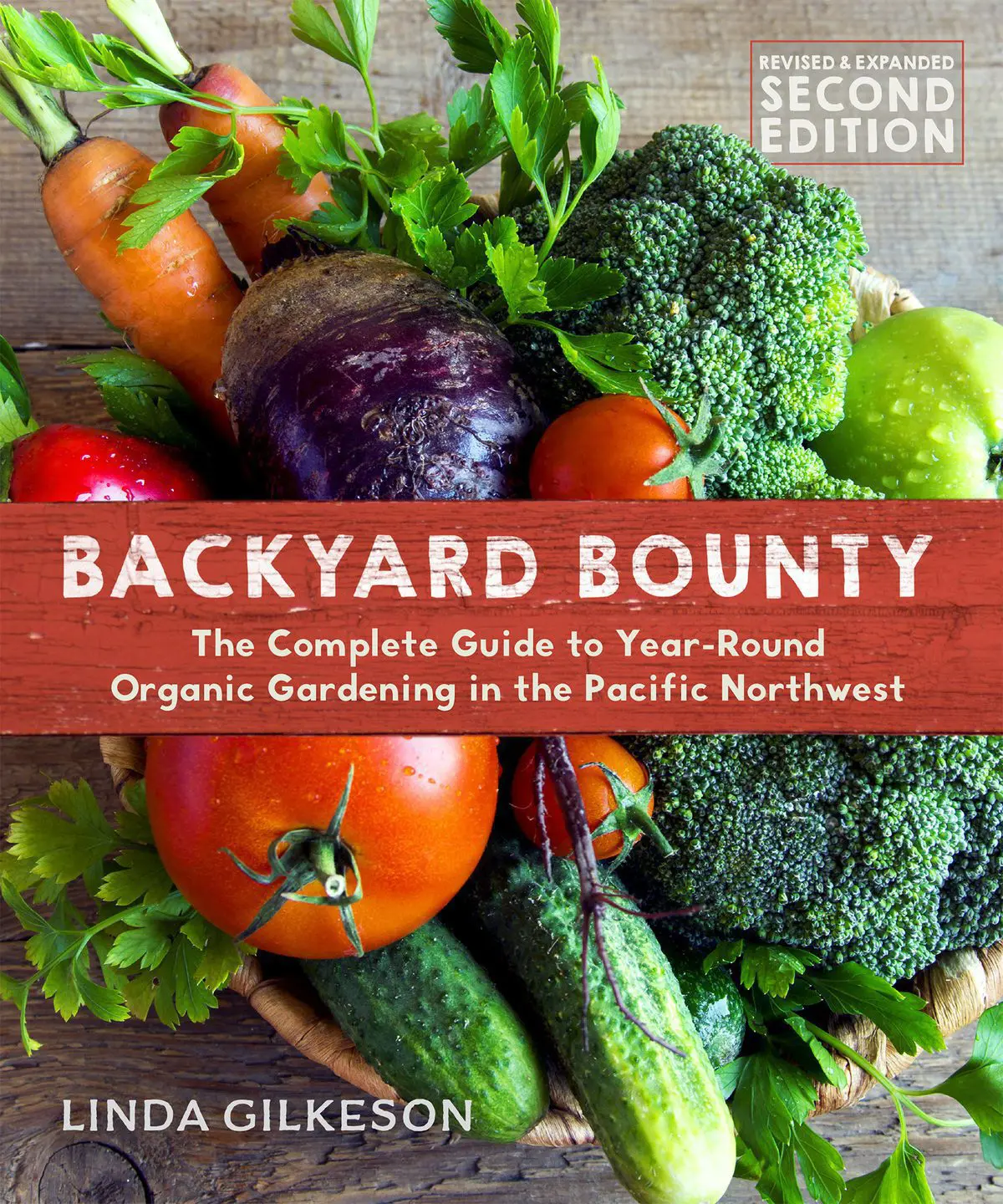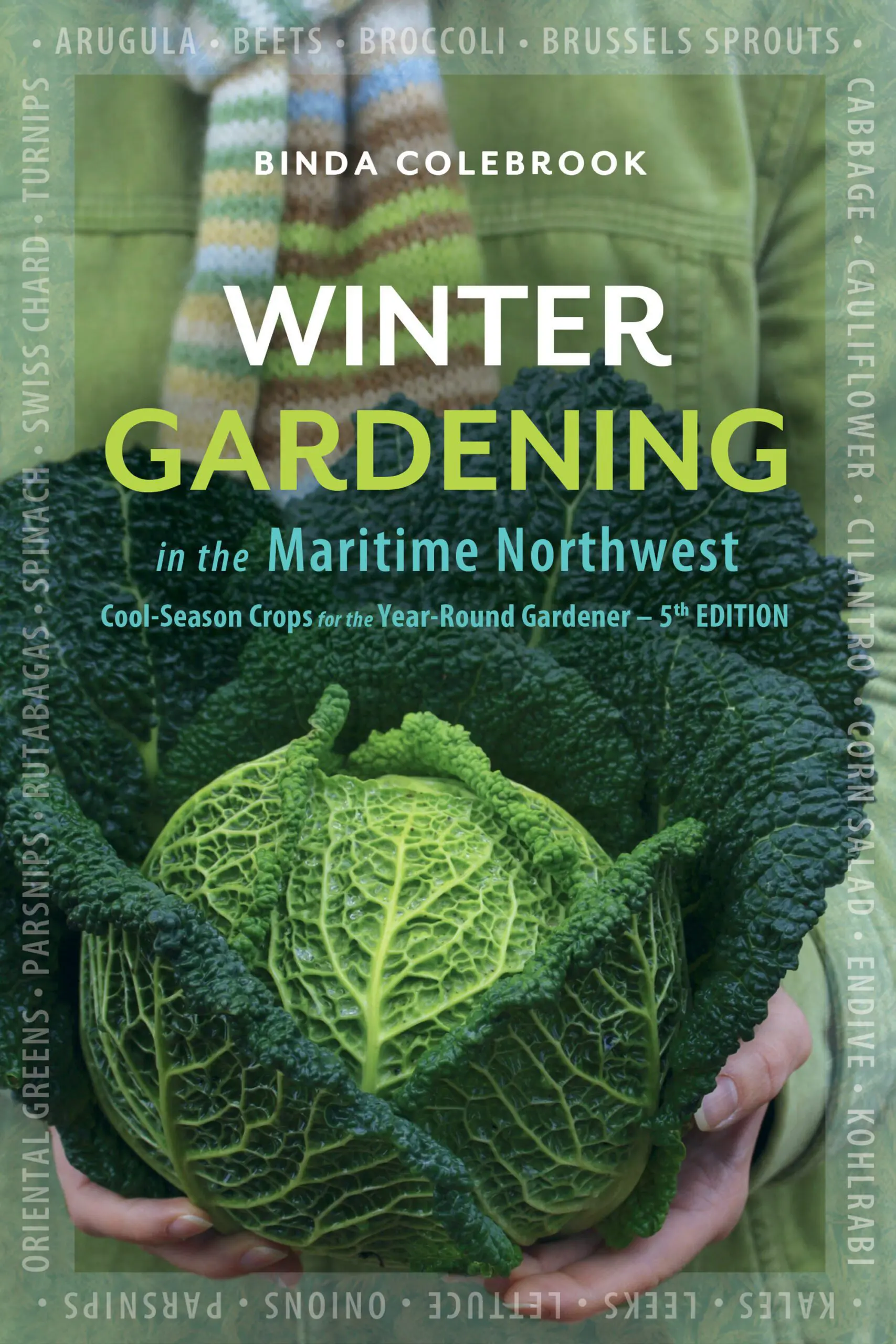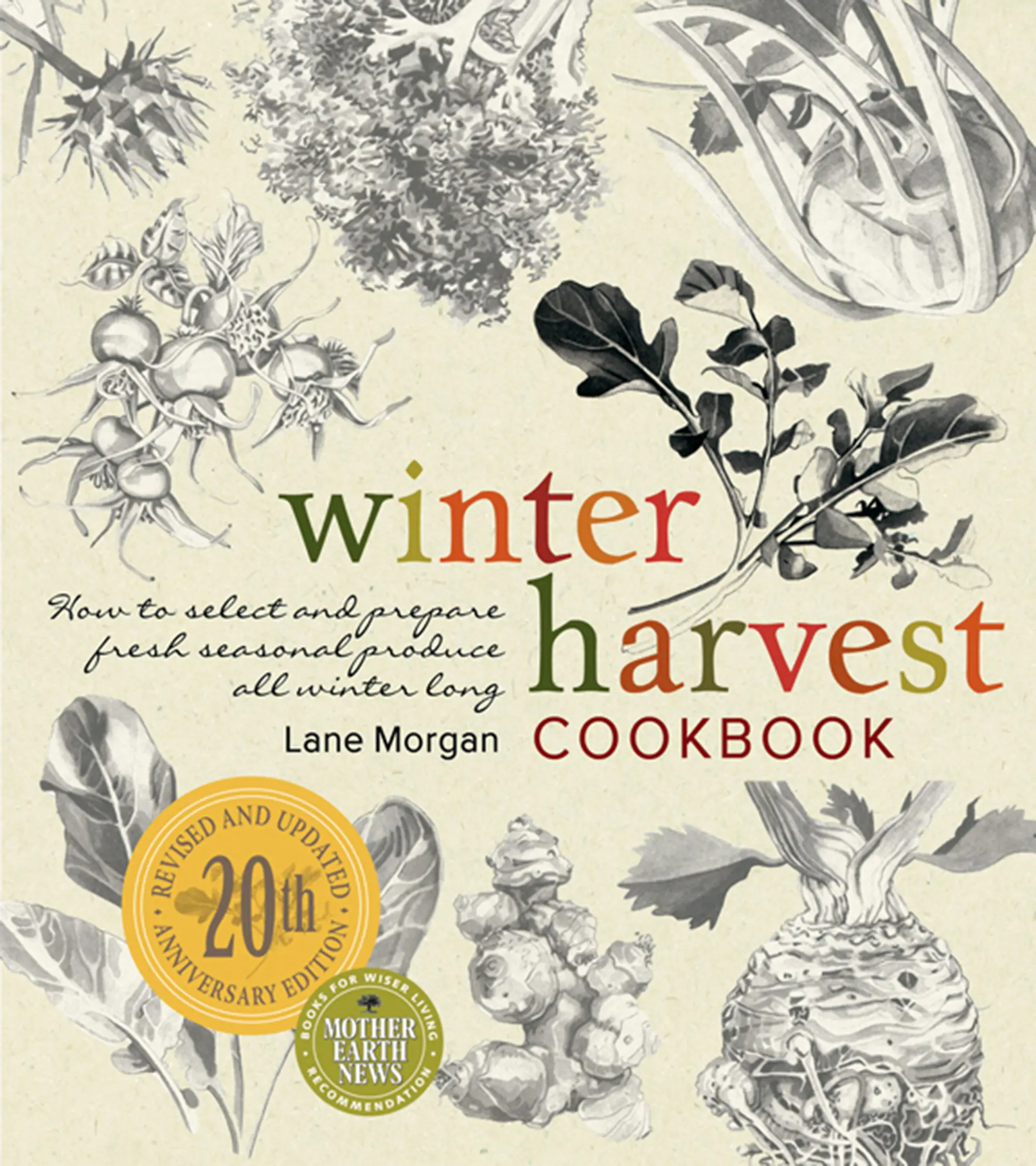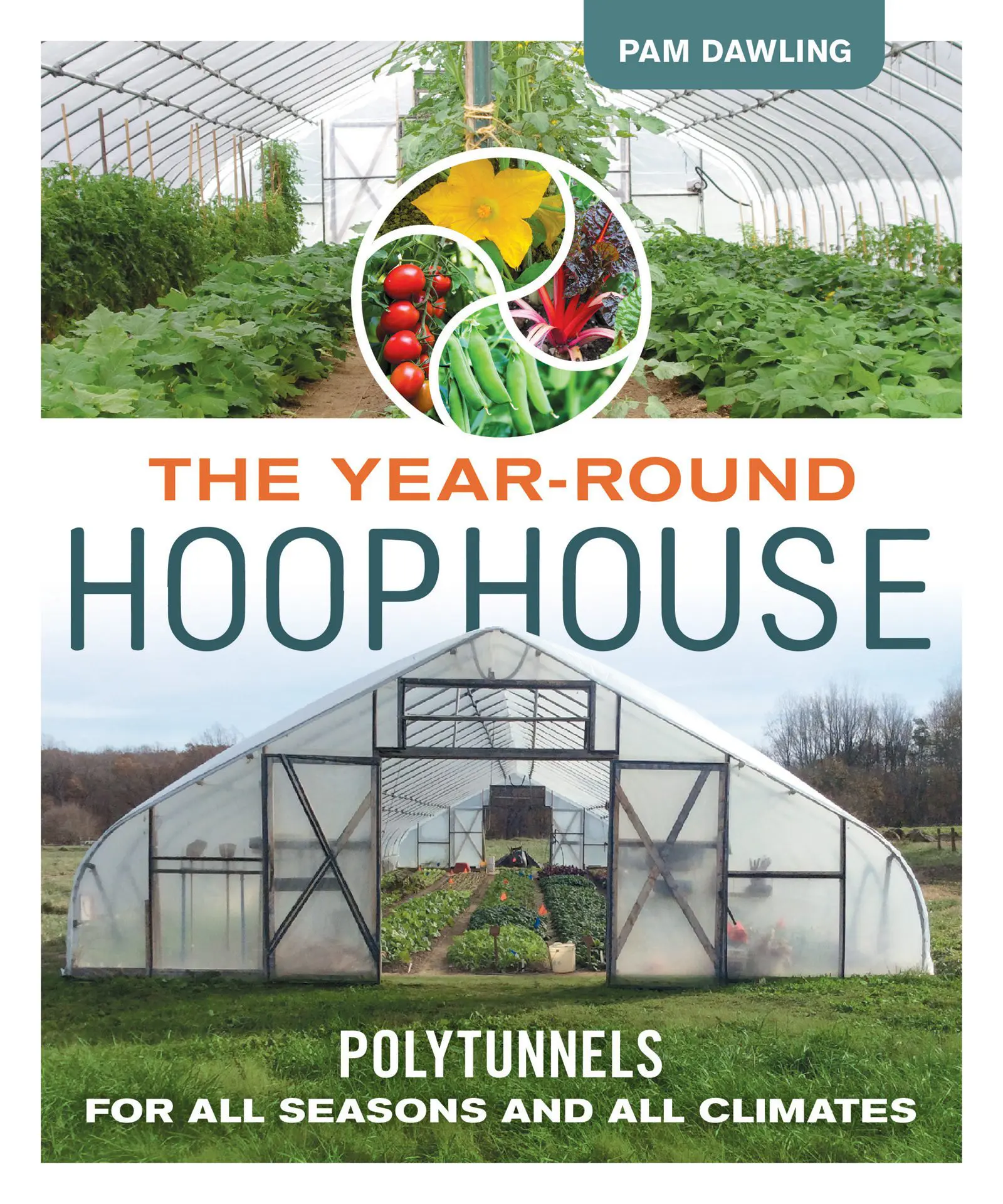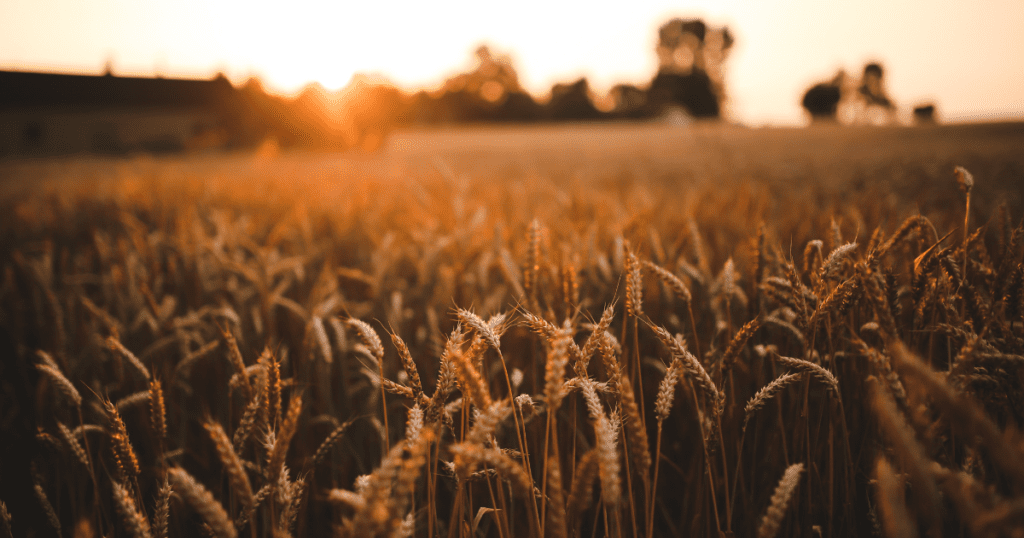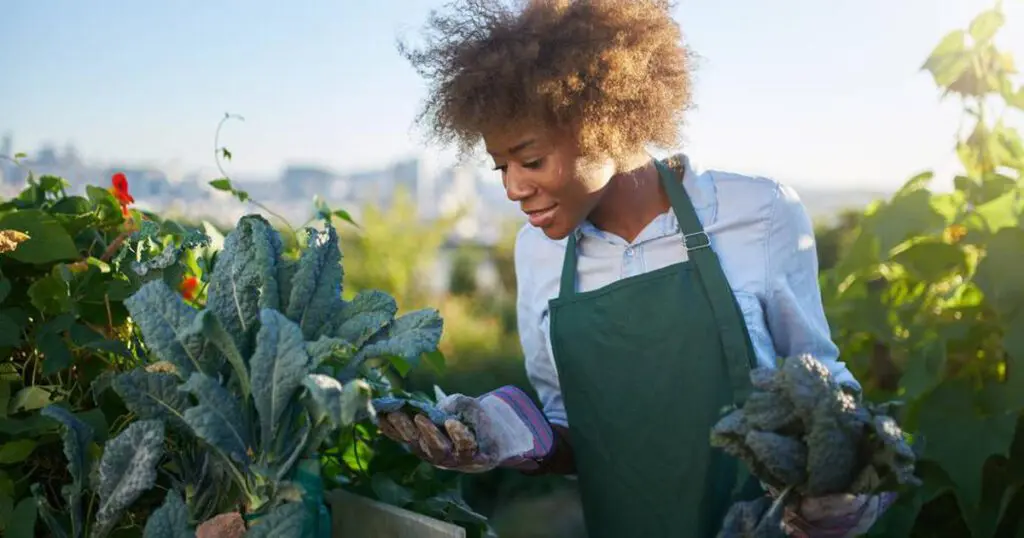
Are you gardening, or planning to start a garden in the Pacific Northwest? Growers west of the Cascades enjoy a mild, forgiving climate, with a long growing season. This bioregion does present some unique challenges, but also opportunities – including fall planting and four-season gardening.
Mark Macdonald of West Coast Seeds calls Linda Gilkeson’s Backyard Bounty “very likely the best book ever written on growing food in the Pacific Northwest….” We’ve taken an excerpt from the book outlining what Linda recommends you should do in your garden in the Pacific Northwest from now until November.
Year-Round Gardening Calendar
August
- Early August: Finish sowing hardy leafy greens for winter and sweet onions for early spring harvests.
- Early August, summer prune fruit trees if required to slow growth of overly vigorous trees and keep trees compact.
- By the end of the month, sow corn salad, arugula, cilantro, and winter lettuce in beds or broadcast the seeds under vines of squash and other warm-season crops.
- Continue pruning and training grapes and kiwi vines (it never stops!).
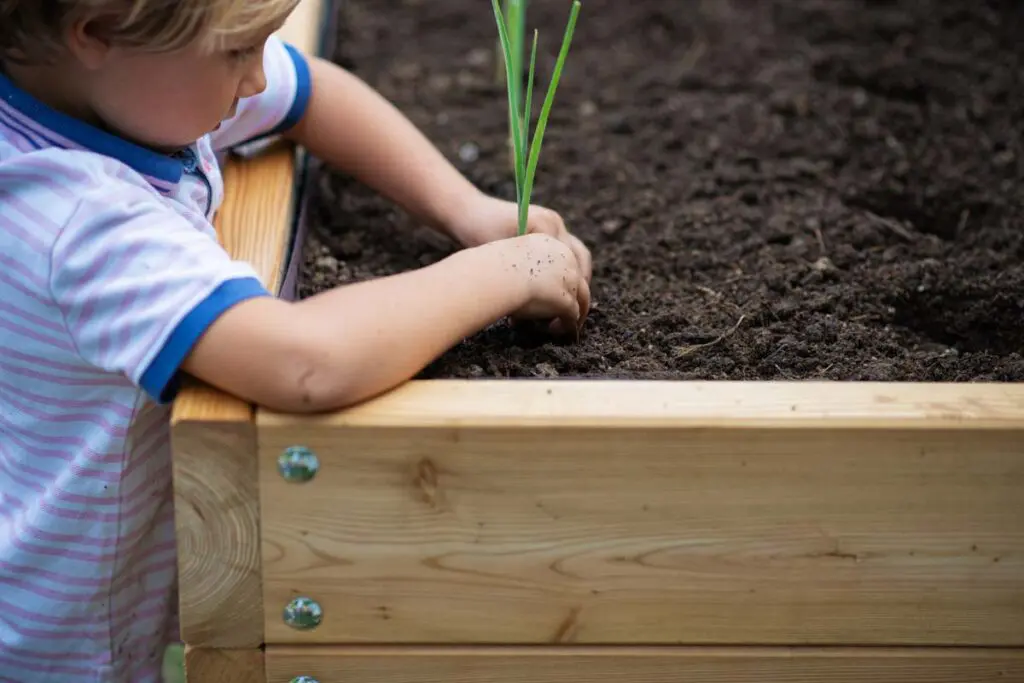
September
The first week of September is the last date you can still sow corn salad and winter lettuce in the warmest areas. It is too late to sow anything else, but if you can find transplants to buy, and it is a warm fall, you might grow a small crop of hardy leafy greens. If they don’t produce much, leave them in the garden, and they should give you a head start on the spring season.
- Harvest winter squash (some may have been ready in August) and bring them indoors to cure.
- Dig potatoes when the tops begin to die down.
- Show off your produce at the local agricultural fair.
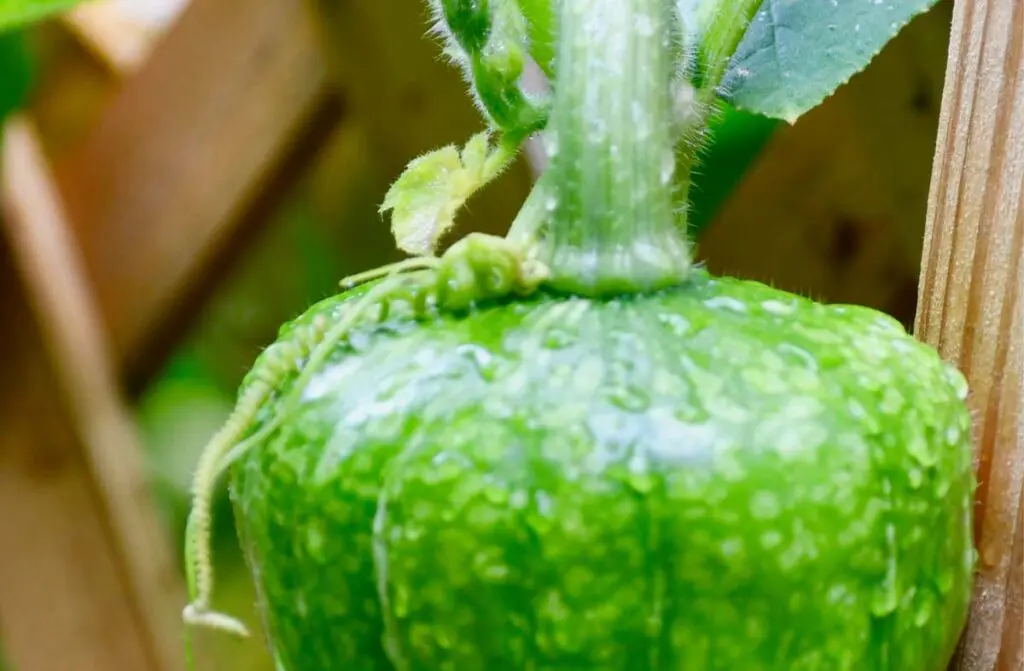
October
- In early October, pinch growing tips out of Brussels sprout plants to hasten development of sprouts.
- Sow broad beans.
- By early October, harvest winter pears and kiwi fruit.
- Dig mature plants of Swiss chard, leaf beet, kale, and other greens—retaining plenty of soil around the roots—and replant under tunnels or in unheated greenhouses.
- Plant garlic by the end of the month.
- If required to raise the pH, dig agricultural lime into empty beds where vegetables will be planted next spring. This gives the lime more time to start working, but can be done in the spring as well.
- Clear crop debris from the garden, and compost it or chop it up and use as mulch to protect the soil over the winter.
- Cover compost bins and manure piles so they shed rain over the winter.
- Move potted citrus and tender herbs to protected sites. Where more than 2 degrees of frost is likely in the winter, move these plants into an unheated greenhouse or cool sunporch. Where frosts are rare, plants can stay in a sheltered site outdoors, but be prepared to cover them or move them indoors temporarily if there is an unusual cold snap.
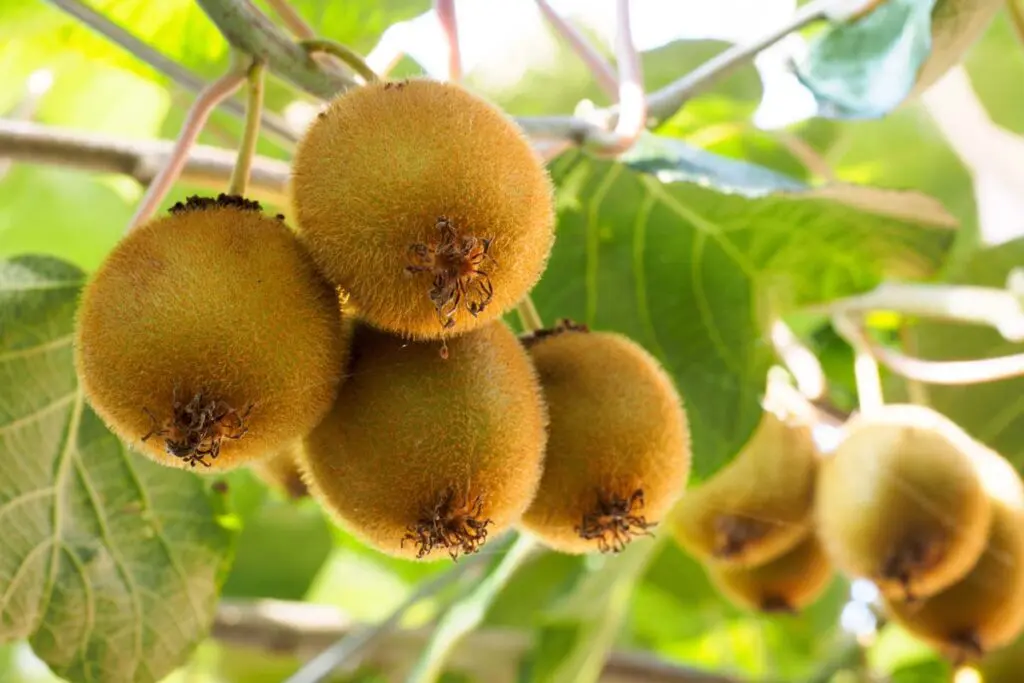
November
- Plant fruit trees, grapes, blueberries, and other fruit so roots will become established before spring.
- Cover the soil with a 6-inch (20 cm) layer of mulch around the stems of all overwintering plants.
- Mulch empty garden beds to control weeds and protect the soil from erosion.
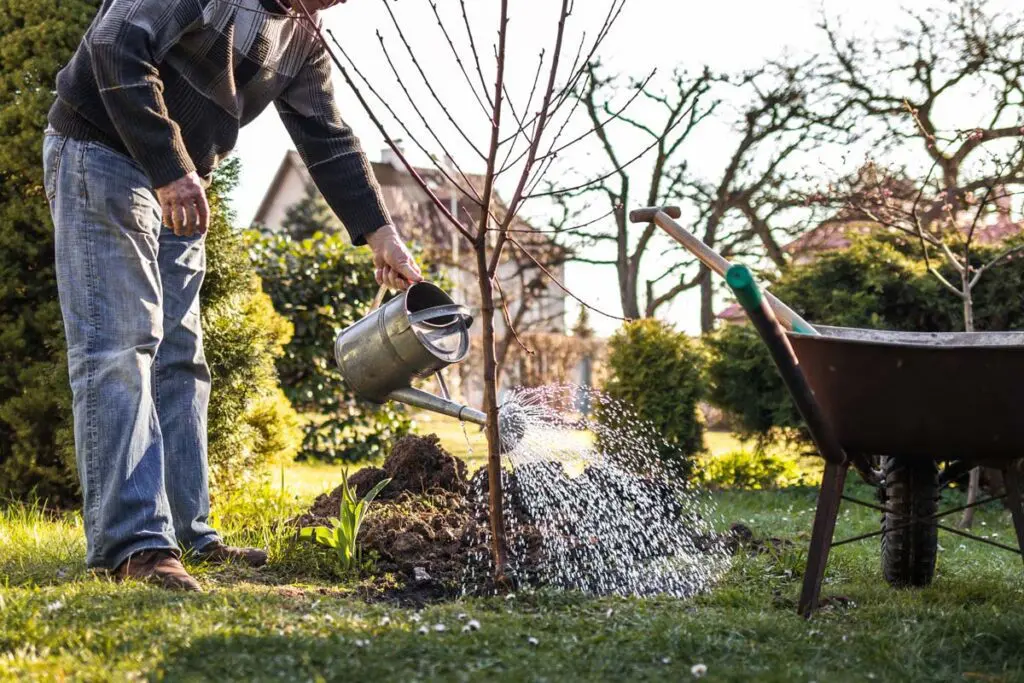
More from the Web



